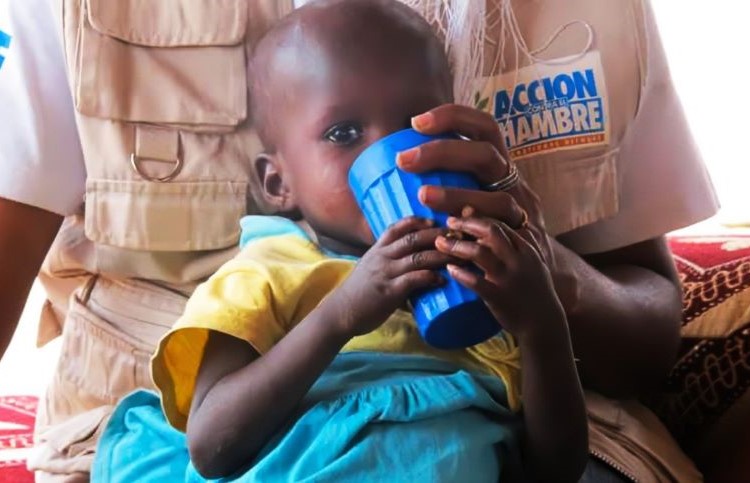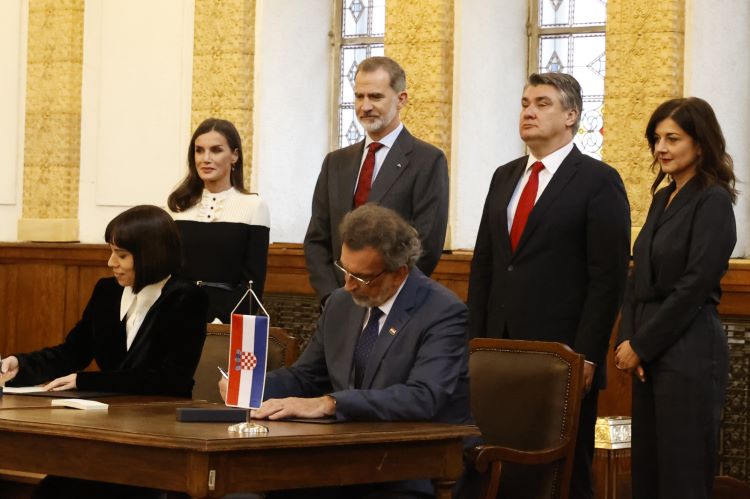The Diplomat
The Spanish Agency for International Development Cooperation (AECID) has approved grants worth 180 million euros for a total of 31 Spanish Non-Governmental Development Organizations (NGDOs) to carry out 63 development cooperation agreements over the next four years.
The 63 agreements approved, according to AECID, focus on initiatives aimed at ensuring “more open, peaceful and inclusive societies, favoring the welfare and opportunities of the most vulnerable people” (20.6%); guaranteeing “inclusive, equitable and quality education and promoting learning opportunities” (17.5%); and “promoting health and welfare at all ages” (15.87%). “All these purposes and are perfectly aligned with the cross-cutting principles of Spanish Cooperation abroad,” it added.
The 63 initiatives (which include agreements for emergencies or humanitarian aid in protracted crises and regional development initiatives and concentrated in a single country) correspond to 31 NGDOs qualified by their capacity and which have been subject to special supervision by the AECID “as a result of a rigorous competitive process for the selection of large-scale interventions, the so-called development cooperation agreements.”
Among the NGODs benefited are Action Against Hunger, with 12.5 million for four agreements; Movement for Peace, Disarmament and Freedom (MPDL), with 12 million for four agreements; Entreculturas Fe y Alegría, with 10.5 million distributed in four initiatives; Spanish Red Cross, with 9.5 million in three agreements; Caritas, with more than 9.25 million for three projects; or Codespa, Ayuda en Acción (Action Aid) and Federación de Asociaciones Médicus Mundi en España (FAMME), with nine million each.
The vast majority of the initiatives, up to a total of 63, receive around three million euros. The amount of 180 million euros is 13% higher than that of the previous call in 2018. Apart from that, The call has had an additional budget of five million euros provided by the AECID for the 2022 annuity.
The cooperation agreements make it possible to concentrate funds on long-term interventions (as they cover a period of four years) with greater potential impact in terms of development and with actions that can be located in several countries and in several sectors, including actions in education for development and global citizenship.
The countries in which the work of Spanish NGDOs will continue to be supported are the least advanced association countries (Haiti, Mauritania, Mali, Niger, Senegal, Ethiopia and Mozambique) and middle-income countries (Bolivia, Colombia, Cuba, Ecuador, El Salvador, Guatemala, Honduras, Nicaragua, Paraguay, Peru, Dominican Republic, Morocco, Palestine and the Philippines) established in the V Master Plan for Spanish Cooperation currently in force, together with Egypt, Equatorial Guinea, Costa Rica, Lebanon and Tunisia. By region, the distribution of funds is very balanced. Central America is the destination of 25% of funds, followed by Sub-Saharan Africa, the Arab world, Asia and South America (20% in this case).







